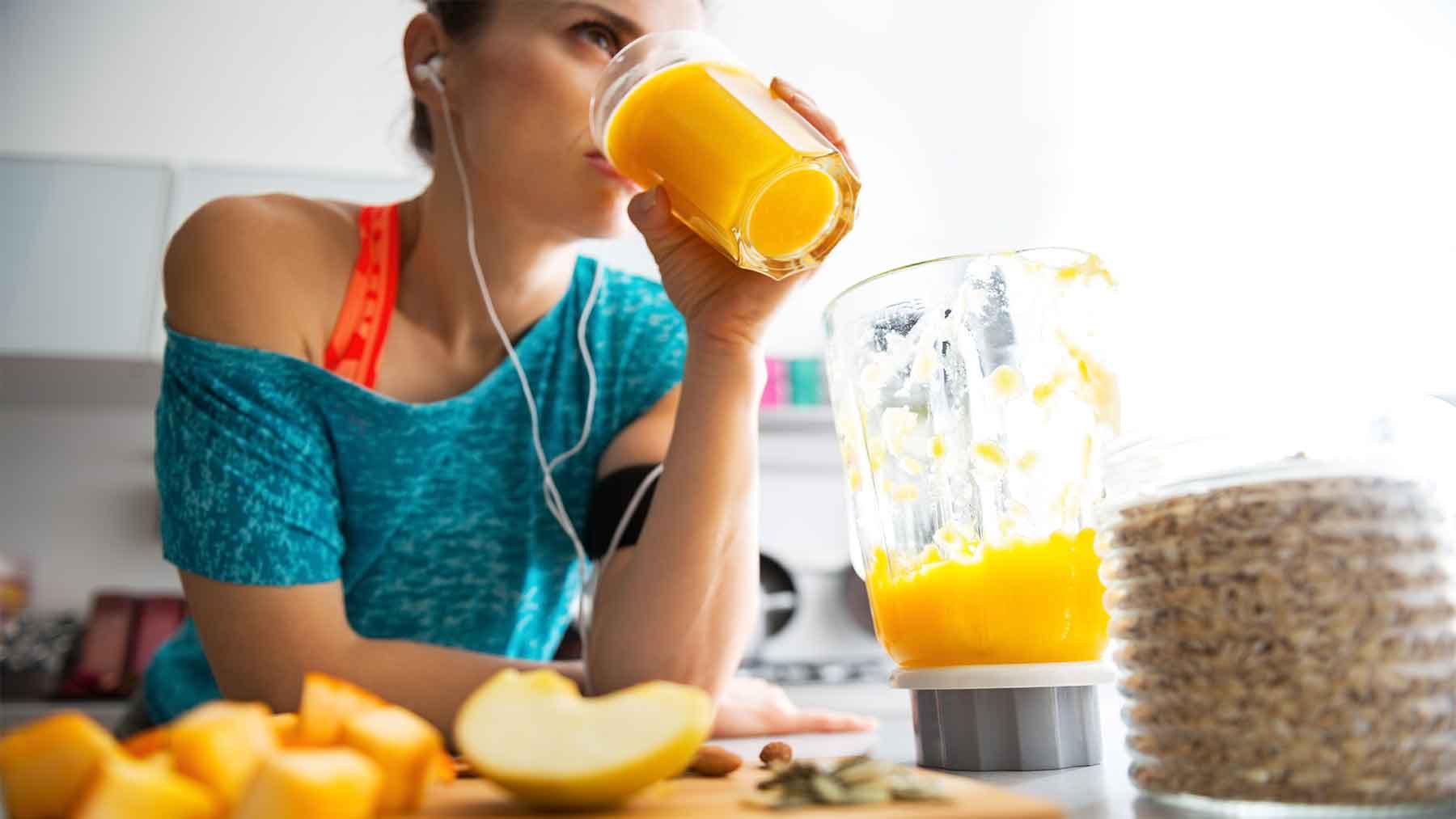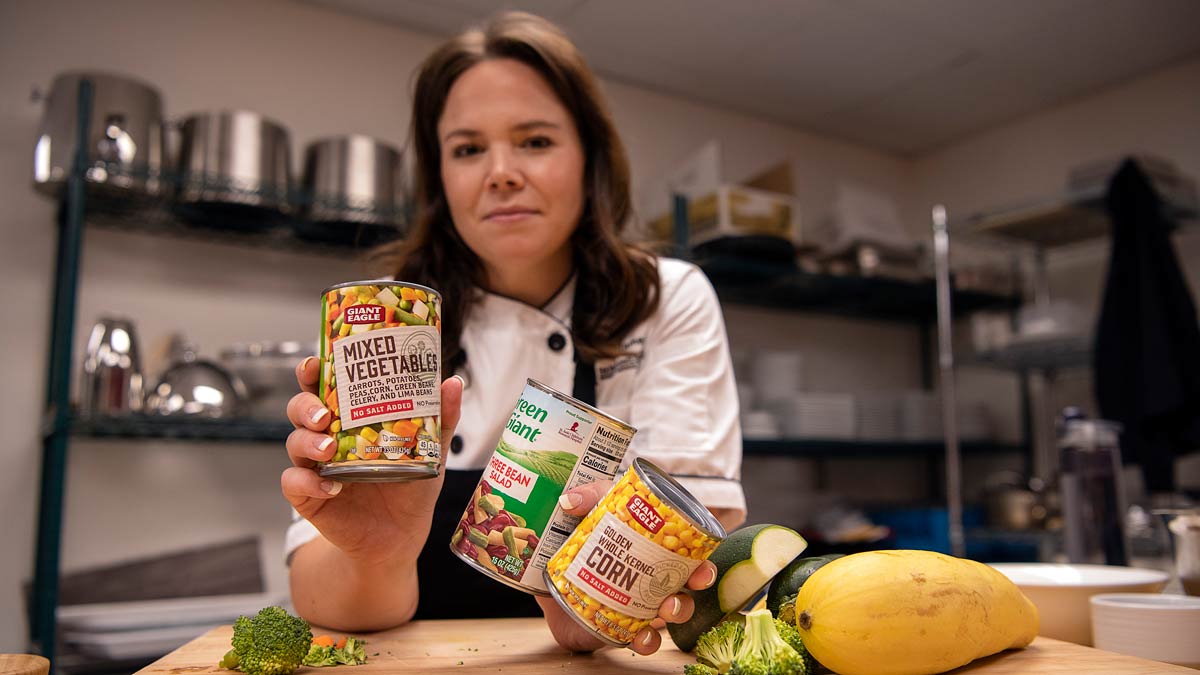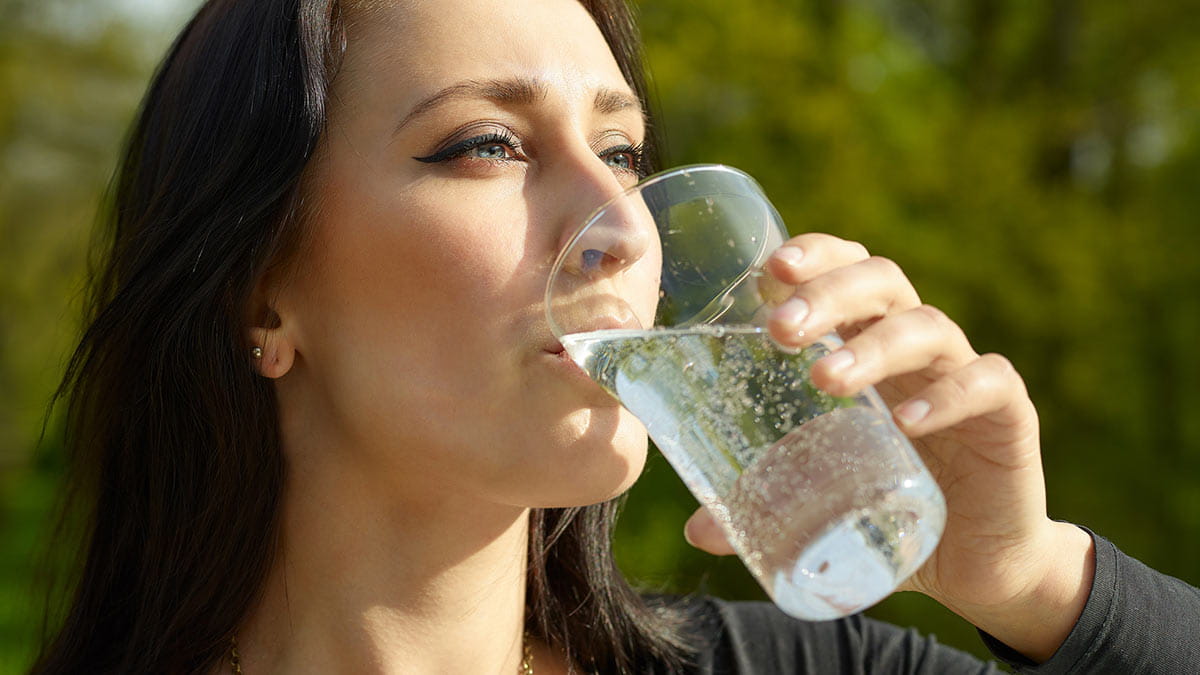Foods to fuel up for exercise

As the saying goes, “you are what you eat.” The foods you choose to fuel up with before and after a workout session can determine how well your body and muscles respond to exercise. While all diets should be personalized to your specific dietary needs, I recommend that all my patients eat shortly before and after a workout.
Before your workout
You should always eat before a workout.
Carbohydrates are the most important fuel for your body when exercising, so include these in your meal. Studies suggest that consuming carbohydrates before a workout can improve performance and may allow you to workout longer and at a higher intensity. No matter what type of workout you’re doing, carbohydrates are our main fuel source, so they’re easily digested and turned into energy.
The size of your pre-workout meal should depend on how much time you have before your workout. If you have a few hours before the workout, it's fine to eat a full meal including protein and carbohydrates. If you’re running short on time and need something quick, a small meal of quick-digesting carbs will work.
After your workout
You should have a meal 1-2 hours after a moderate-hard workout. During this period, your blood pressure is still raised from exercise, so the nutrients from food will move throughout your body quickly to repair and rebuild muscle. Adding protein to your after-workout meal will help maximize muscle rebuilding, and carbohydrates aid muscle in recovering from strenuous activity.
What about supplements?
I always tell my patients to focus on food before using supplements to help their diet. Protein powders are OK to use to reach your intake goals, but it’s important to know that you can get all your protein from protein-rich foods such as chicken, eggs, salmon, etc. Because the supplement industry is not regulated by the FDA, you should contact a dietitian if you’re considering taking a dietary supplement that you aren’t sure of.
Also, remember to hydrate throughout the day leading up to and following a workout. While staying hydrated is important on a daily basis, dehydration as little as a 2% loss of water can make exercise less effective.
Kacie Vavrek is a registered dietitian at The Ohio State University Wexner Medical Center.




